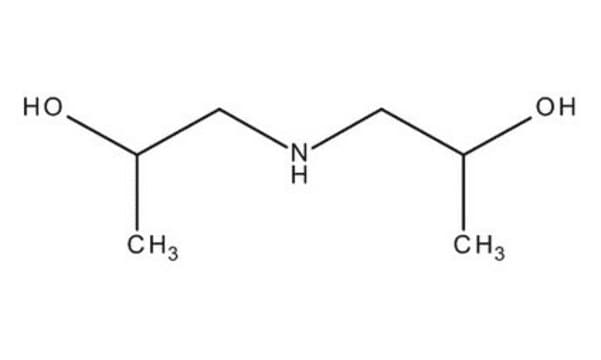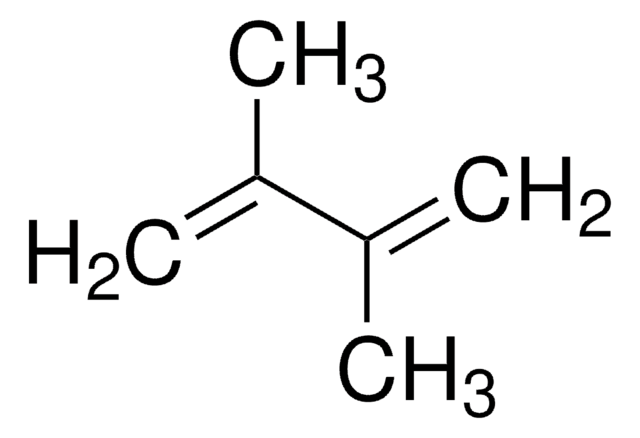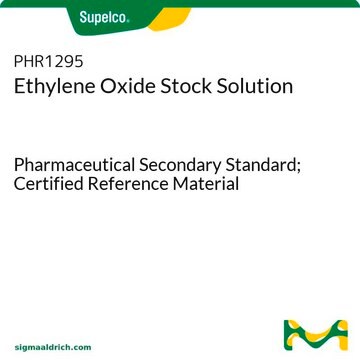8.07483
Polyethylene glycol
200, for synthesis
Synonym(s):
Poly(ethylene glycol), Polyglycol, Polyethylene oxide, Polyoxy ethylene, PEG 200, PEG
About This Item
Recommended Products
vapor pressure
<0.01 hPa ( 20 °C)
Quality Level
form
liquid
autoignition temp.
350 °C (DIN 51794)
potency
28000 mg/kg LD50, oral (Rat)
>20000 mg/kg LD50, skin (Rabbit)
pH
5-7 (20 °C, 100 g/L in H2O)
bp
>150 °C
mp
-50 °C
transition temp
flash point 180 °C
solubility
soluble 70 g/L
density
1.124 g/cm3 at 20 °C
storage temp.
no temp limit
SMILES string
C(CO)O
InChI
1S/C2H6O2/c3-1-2-4/h3-4H,1-2H2
InChI key
LYCAIKOWRPUZTN-UHFFFAOYSA-N
Looking for similar products? Visit Product Comparison Guide
Application
- A structure-directing agent to synthesize iron vanadate (FeVO4) nanoparticles via co-precipitation method.
- An organic additive to prepare crystalline nanorods of calcium tungstate (CaWO4) using calcium chloride and sodium tungstate via solvothermal process.
- A surface modifier in the synthesis of calcium peroxide nanoparticles using CaCl2 as a precursor via hydrolysis-precipitation method.
- A green solvent in combination with H2O in the preparation of 4-sulfanylcoumarins by sulfanylation of 4-tosyloxycoumarins with thiourea and alkyl halides.
Analysis Note
Hydroxyl value: 535 - 590
Average molecular mass: 190 - 210
Identity (IR): passes test
Storage Class Code
10 - Combustible liquids
WGK
WGK 1
Flash Point(F)
281.5 °F - closed cup
Flash Point(C)
138.6 °C - closed cup
Regulatory Listings
Regulatory Listings are mainly provided for chemical products. Only limited information can be provided here for non-chemical products. No entry means none of the components are listed. It is the user’s obligation to ensure the safe and legal use of the product.
FSL
Group 4: Flammable liquids
Type 3 petroleums
Hazardous rank III
Water soluble liquid
JAN Code
IN28074839025:
8074831000:
8074832501:
8074830000:
IN28074830500:
8074830521:
8074832521:
8074839999:
8074835000:
Certificates of Analysis (COA)
Search for Certificates of Analysis (COA) by entering the products Lot/Batch Number. Lot and Batch Numbers can be found on a product’s label following the words ‘Lot’ or ‘Batch’.
Already Own This Product?
Find documentation for the products that you have recently purchased in the Document Library.
Customers Also Viewed
Our team of scientists has experience in all areas of research including Life Science, Material Science, Chemical Synthesis, Chromatography, Analytical and many others.
Contact Technical Service



